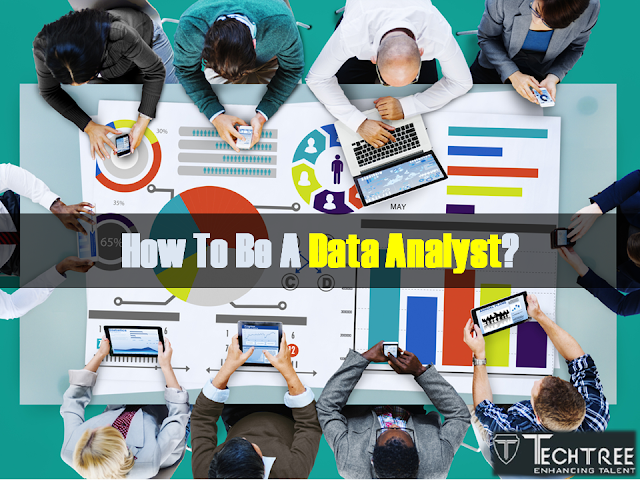What does the life of a data analyst look like?
The job of a data analyst is to collect process and perform statistical analyses of company data. Data analysts do not have the skills as advanced as that of a data scientist. For instance they are not usually capable of creating new algorithms but the end goals of both these class of data personnel remain the same. And that is to determine how data can be used to ensure business growth and answer questions with feasible solutions.
The main responsibilities of a data analyst:
Based on their expertise a data analyst may carry out the following responsibilities:
- Work with IT Teams, the management and / or other data scientists to determine main organizational goals
- Conduct data mining from primary and secondary sources
- Interpret and analyse results using various methods of statistics and other tools and techniques
- Prune and clean data to get rid of irrelevant information
- Identify correlations, trends, and patterns in complicated datasets
- Recognize new opportunities for process improvements
- Offer concise data reports and clear data visualizations for the management of the company
- Triage all kinds of data related problems along with other code problems
- Create, design and maintain relational data systems and databases
Most of the times data analysts are called as junior data scientists or data scientists in training because they are usually never free to create their own Big Data projects they are usually limited to tackling various business requirements with existing tools, data sets and systems.
Qualifications required to be a data analyst:
For entry level jobs as a data analyst will need a bachelor’s degree in math, science, statistics, and computer science or information management. But to climb the ladder faster it is highly recommended R Programming course to transition into a senior position of a data scientist.
Skills necessary to be a data analyst:
- Statistical analysis methods such as SAS
- R programming
- Data warehouse and business intelligence platforms
- SQL database and database query languages
- Database design
- Data mining
- Data munging and cleaning
- Reporting and data visualization
- Knowledge of MapReduce and Hadoop
- Machine Learning techniques
An analytical aptitude with a mindset pro-change is necessary for data analysts, this is because various business intelligence software and some automation techniques are replacing several functions of an analyst from the hands of technicians to machines. Thus, a big change is underway in this field. There must be ample heads to control the flood of unstructured data about to hit the world which is already taking shape every day. And last but not the least a data analyst should have impeccable communication skills to explain what they have discovered to a room full of confused non-date people.
How To Be a Data Analyst?
4/
5
Oleh
TechTree India

